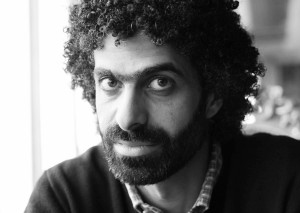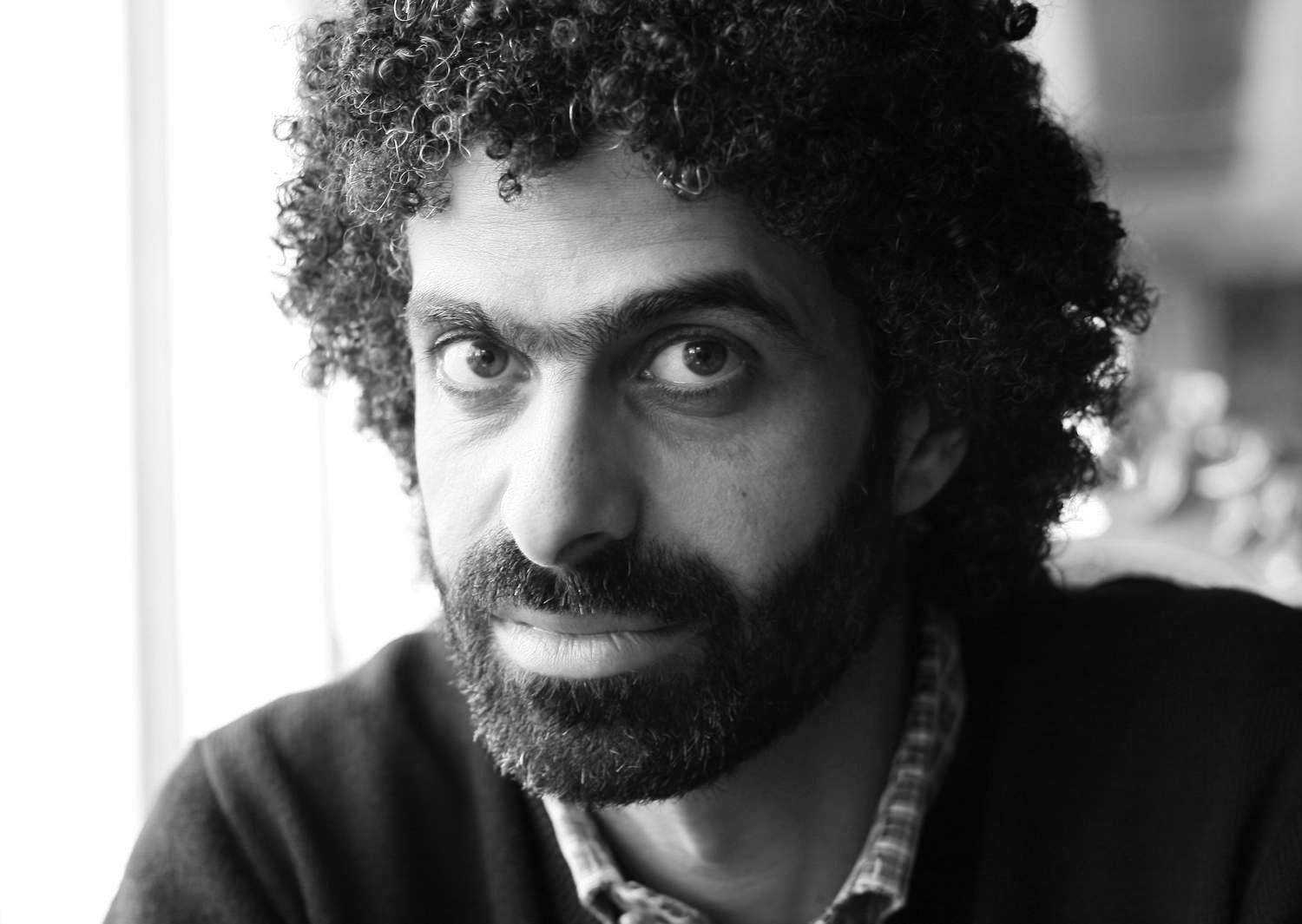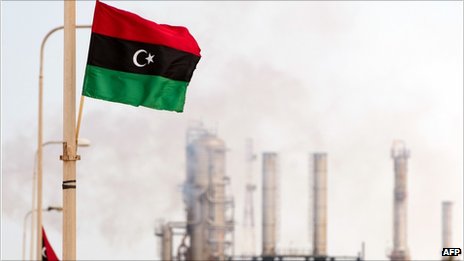
Belgium is one of the “very developed” European countries, whatever this means, that keeps a decent touch of humanity in their communication with each other, and in my case with the stranger. As a different looking foreigner, it means a lot walking down a street and finding a total stranger saying hi with a smile. Unfortunately, it is not the case in many other European countries.
Belgium has worked hard in the past decades to provide a functioning welfare system for its own people and it is one of the very few successful examples in the world in this regard. Maybe it is because the country is so small? But anyway, people generally look healthy, happy and educated. And although English is not their official language, almost everyone under fifty can speak it fluently.
The niceness of people can be unforgettable. I will always remember the young couple who live next door, who left me a sunflower in a pot with a note saying “bringing the sun to your room,” which I found right after returning from Egypt where I had attended my father’s funeral.
In a totally different context, when it comes to Middle Eastern politics, it is so interesting seeing them supporting the Palestinian struggle in a way that sometimes feels stronger than the Palestinians and Arabs themselves. And when it comes to the Egyptian revolution, they are so much in love with it and always asking about how it is going so far. They actually hate Mubarak as if he was a dictator in their own country.
The bottom line is that Belgium is a rare example of a successful country that managed to get over a serious identity crisis, being a bit from here and there with no unified language or culture. A country that did not let this identity crisis hinder its development or doing the right thing by its own people in providing healthcare and education. It’s something you notice in most Belgians’ faces on a daily basis.
Sounds like heaven, right? Actually, it is not!
The niceness of people and their openness to communicate with the stranger sometimes lead to critical areas or cultural clashes. Usually, if you start asking about directions in public transportation, it would lead to where are you from. But in some cases it ends up with the question of “are you Muslim?” And if the answer is yes, it might lead to another series of questions and comments that reflect a high level of Islamophobia.
Sometimes it gets funny though. I was asked a couple of times, as a way of indirectly finding out if I was a practicing Muslim, which is “scary”, or not, which is “cool”. The question was always like this: Do you go to the mosque every Sunday?
In a very liberal society like Belgium, I find it very uncomfortable, contradictory and intrusive asking about people’s religion. Something you would not expect at all to happen in a country where secularism is actually a religion.
“Are you circumcised?”
Yes, I was asked this very embarrassing and shocking question. Twice in a train ride between cities and once in a social gathering. Of course it was towards the end of a long list of other questions about Egypt, Arabs and Islam. Maybe the frequency of this offensive question is a simple result to the confusion they have observing practices of Moroccan and Turkish communities, who arrived to the country decades ago helping the economy grow and doing jobs like mining for example, that the Belgians back then started seeing as dangerous.
The Moroccans and the Turks came straight from the villages and kept their old traditions in isolation that might not be widely practised in their homelands nowadays anymore. The male circumcision issue here is actually horrifying to the average white Belgian. Even if she/he knows that you condemn it for girls. It simply does not make you look less barbarian in their eyes.
Racism has its own undercurrent that invisibly influences people’s attitudes toward the other. Moroccans, Turks and the Roma, or gypsies, all face it on a daily basis. However, it is the softest classical example of racism I have seen, as the white Belgian still keeps a smile on her/his face communicating with the other.
Although my personal experiences communicating with the Belgians were mostly very nice, there were two incidents that influenced my impressions of the society.
One was when a series of thefts, which I did not know about, was occurring at the department, where I do my research. I unluckily met a typical white Flemish professor on the stairs, who had not seen me before. He stopped me and very rudely asked what was I doing here at the department.
I innocently explained and went to the office, where I work. A few minutes later, he returned with two other people and asked the same questions again. He looked at me aggressively and cunningly asked, “are you French?” My confused answer was “no”. Then he suddenly left without a word of apology or even saying who he was. Later I understood the story and realised that I looked in his eyes like a Roma, who are commonly stigmatised among Belgians for being thieves.
The other story took place in a night club I was exploring, where I was approached by a pretty young lady who in less than five seconds asked me if I had any ecstasy [a drug]. I did not pay that much attention, as taking drugs sadly occurs. The same thing happened again with another lady, which made me feel very strange. Why me? The answer was very quick from my friend who I went with, “they think you’re Moroccan.”
It actually made me remember my foreign friends’ experiences in Egypt, which are not similar at all, but still share a high level of frustration. What I went through reminds me of those frequently pointed at in Egyptian streets as foreign spies in a lately increasing xenophobic attitude thanks to military propaganda and Egyptian state TV.
I also remembered many blond female friends telling me very embarrassing stories concerning comments they receive in Cairo streets by male harassers in poor English along the lines of, “want sex?” Maybe it is partially the American films that portray western women as easy sexual targets, but of course we still do have many other reasons relating to the growing sexual harassment phenomenon in Egyptian society.
Obviously, Belgium is not a perfect country, but where in the world is? Maybe admiring a country is, in a way, similar to a romantic relationship. You just feel the connection to a whole package with all its pros and cons. And simply try to live on the good moments you experience. And I will definitely always remember that sunflower put at my window by my neighbours.



